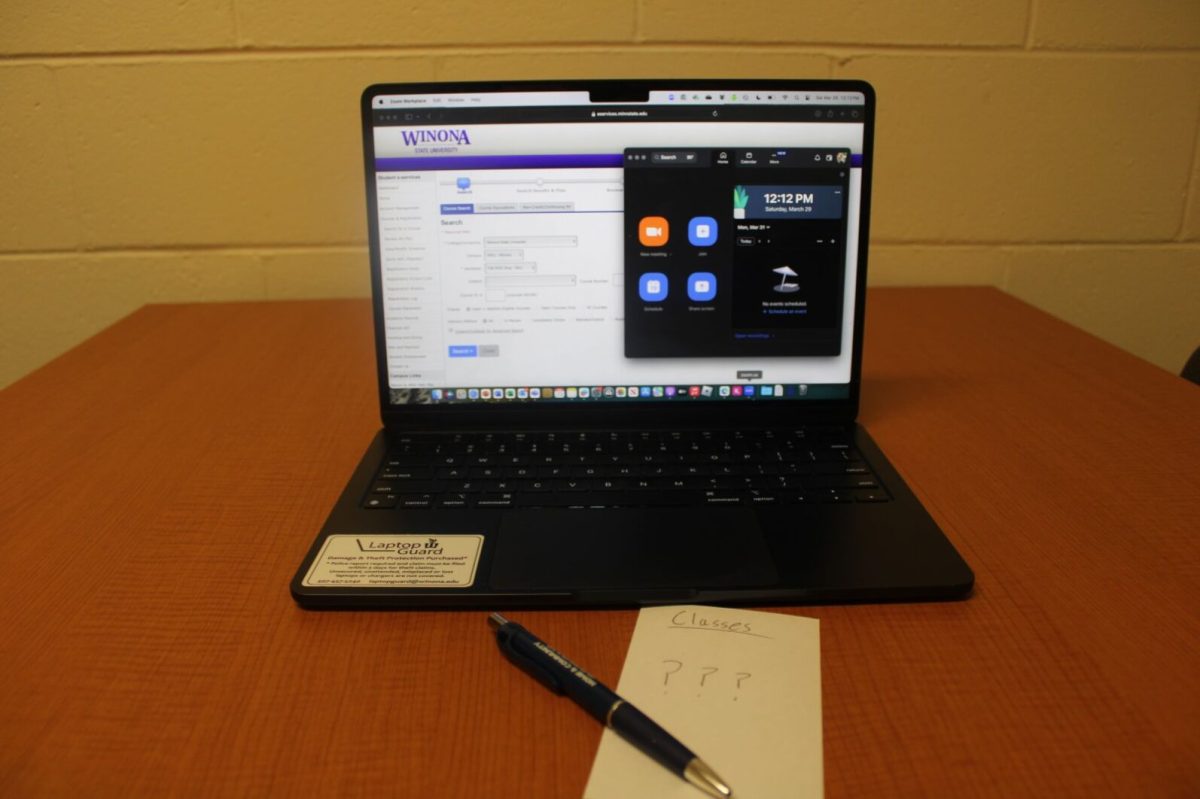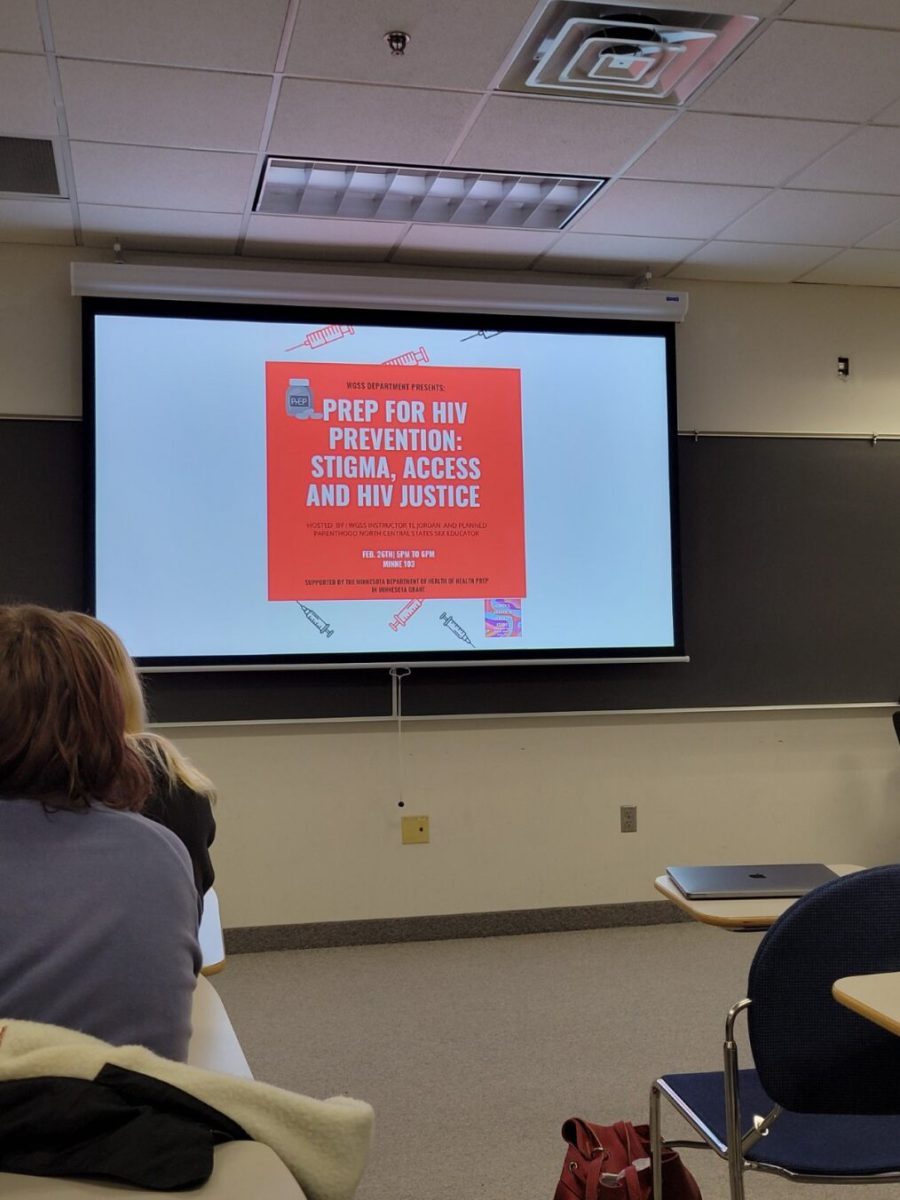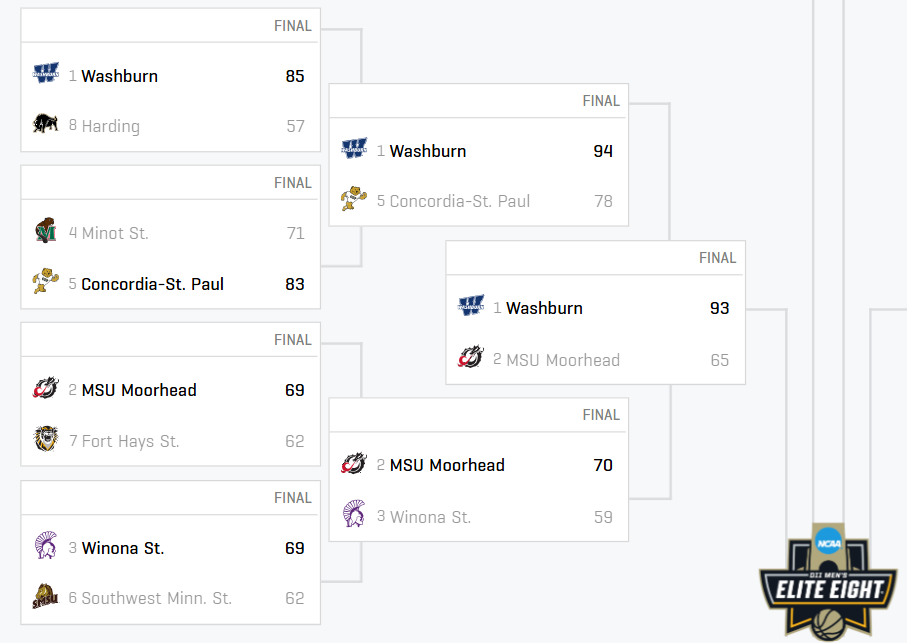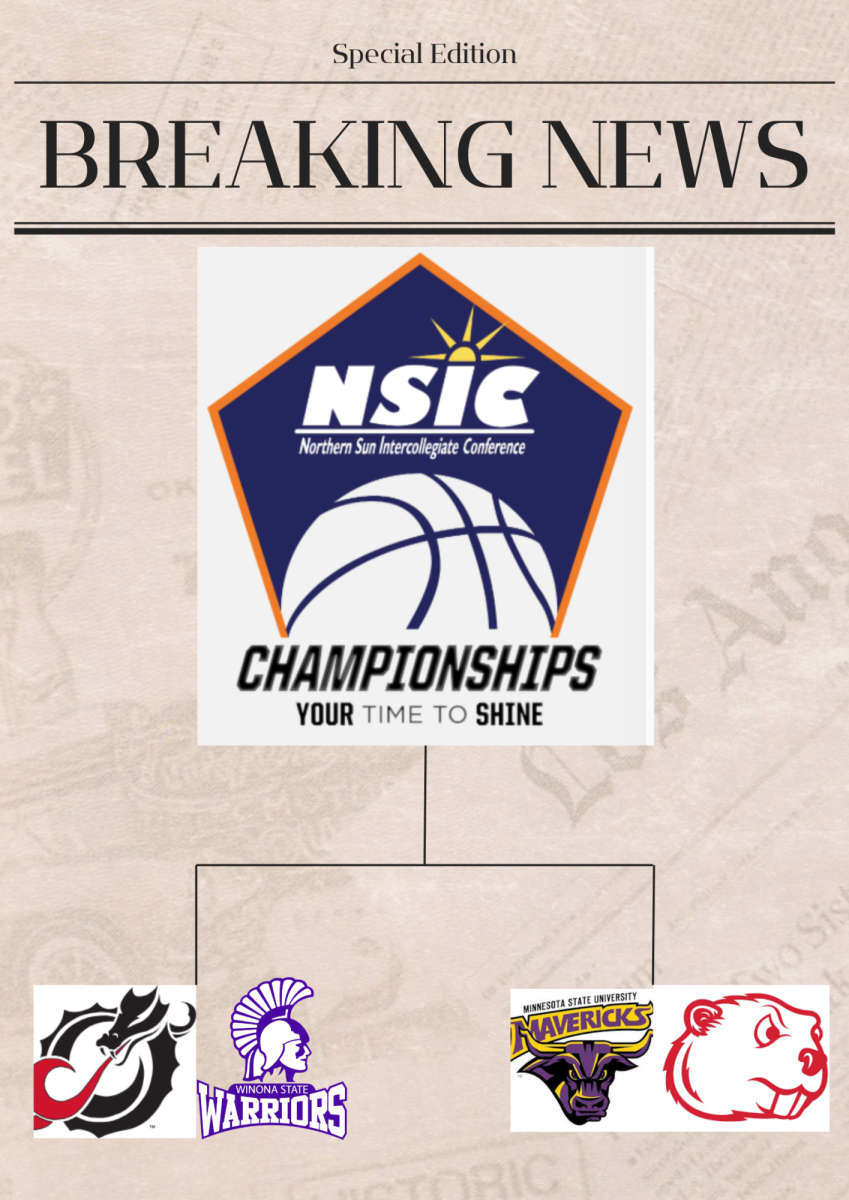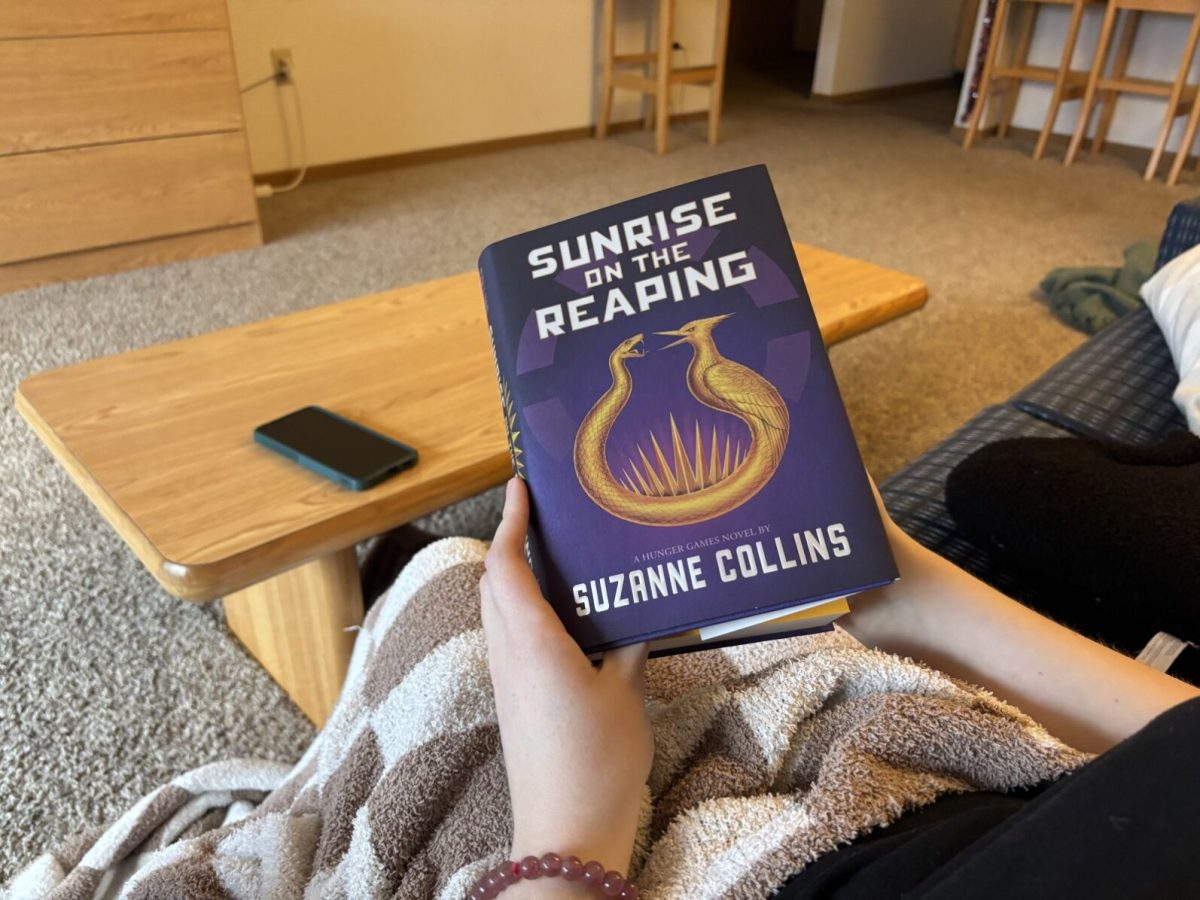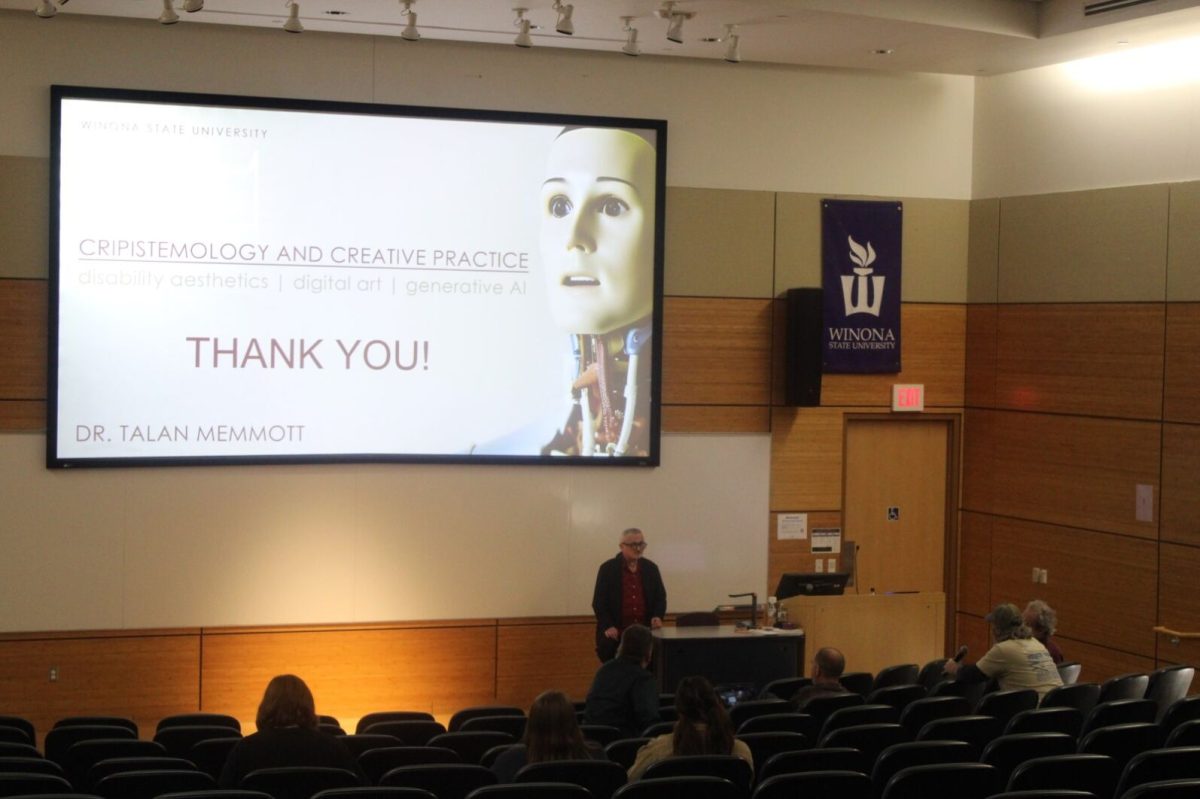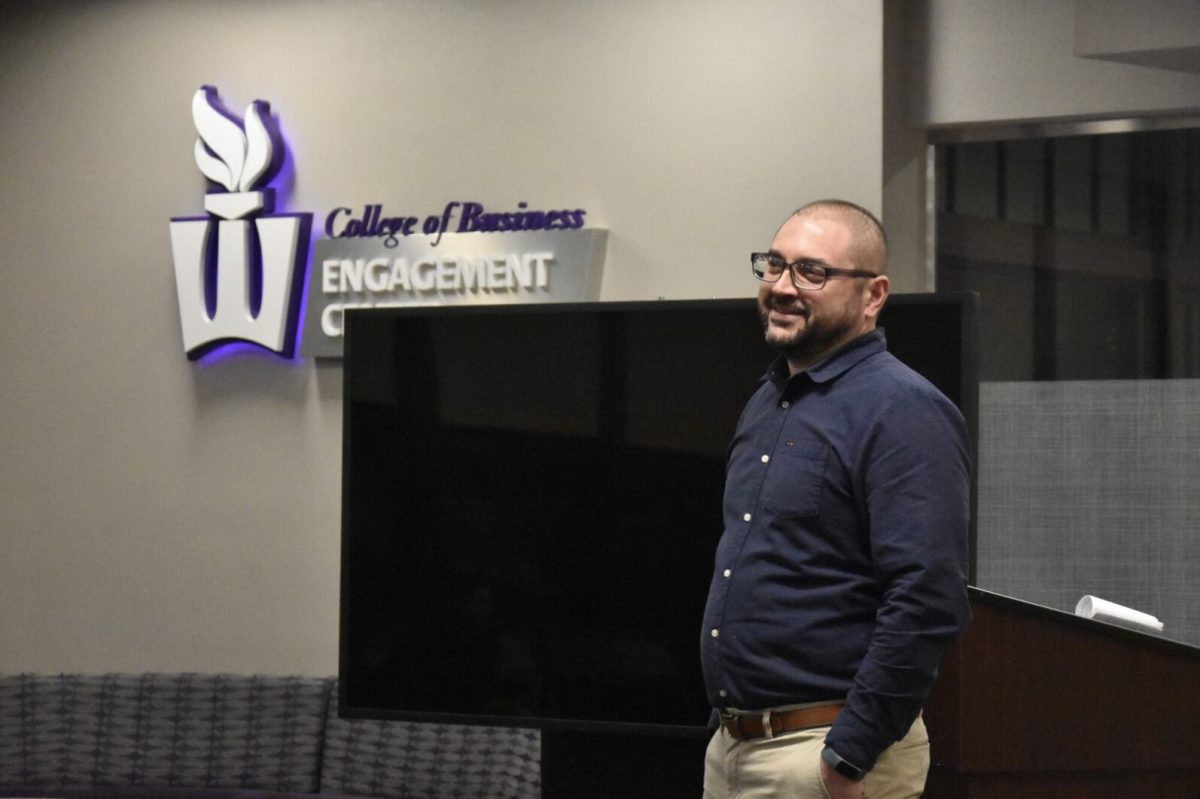For some students, having a knowledgeable faculty member as their advisor and mentor to help them select classes and chart a path through higher education is a comforting idea.
Many students have high hopes that their advisors will be fully invested in their journey throughout college and be there every step of the way to help them choose the best route to achieve their degree. While some advisors are truly extraordinary like this, the reality is that advisors are professors, and they often have many things that seem to take precedence over advising students.
As students progress through their degree, they may realize that the things their advisors are meant to advise them on are not so complicated, and many students take responsibility for planning their graduation timeline for themselves. This begs the question, how necessary is advising for students?
Chloe Biever, a second-year majoring in medical laboratory sciences, appreciates the help she gets from her advisor.
“I feel like he really understands each advisee,” she noted. However, she said that her previous advisor was not so helpful. “I couldn’t get a hold of him,” Biever said. “He never sent out emails…I went to his office hours? Never there.”
Biever ended up having to talk to a different professor about classes but ran into a roadblock when she needed her access code to register for classes from her assigned advisor. Because of this, she registered late and didn’t get many of the classes she wanted.
Another second-year, nursing major Malina Schiller, also struggled with an advisor who told her she wouldn’t be able to graduate early, when Schiller knew she could.
“Not that he wasn’t knowledgeable— he just thought that all students are the same, that every student needs to go for four years, no matter what they have,” Schiller said. “I pick out my own classes. [Advisors] don’t really help you figure out what’s the best classes, because they just say, every student’s different…I can’t speak for other people…but for me personally, I don’t really need their help.”
First-year elementary education major Brynn Semeizer has had a slightly different experience.
“It’s good to know that I can talk to someone specifically about my schedule, and ask, ‘should I take this class, should I not take this class?’ It’s good to know that I can talk to someone about my schedule, and not like my friends or family— like I actually have someone that knows a little bit more,” Semeizer said.
Although she does appreciate the help, Semeizer notes that no advisor is perfect. “It’s hard because I’m a freshman right now, and it’s like, you’re trying to figure out what your classes are going to be for next year, and I feel like sometimes I’ll show [my advisor] my courses, and then she’ll be like, it’s good— but then I end up having to change them, because something else doesn’t work out… it’s sometimes a hot mess.”
So, if students largely feel as though their advisors are not helping them as much as they can help themselves, one must ask if advising is truly necessary. Right now, some degree of advising is mandatory for students, because to be able to register for classes, they need an access code that only their advisor can give them. But is there a way that students could get the access code without having to jump through the hoops of unnecessary advising?
Biever believes advising should be optional. “They should be there if a student needs help. But, with the major maps…everyone could do it on their own. It would be so easy… not having to sign up for a day to meet up with your advisor to get your access code and all that. Like, it could just be an email,” Biever said.
Semeizer believes there is indeed value in advising, especially for first-years. “I feel like it should be required for freshmen. I feel like sophomores and up, it should be optional, because you kind of already experienced it, like, three times already, and you already figured everything out. I mean, you know where everything is, you know how long the walks are, so I feel like, just for freshmen, it should be required.”
Whether or not advising will continue to be a mandatory part of the Winona State college experience remains to be seen. However, while advising may fall short of students’ expectations on occasion, it is important for each student to take initiative in planning their own college path.


